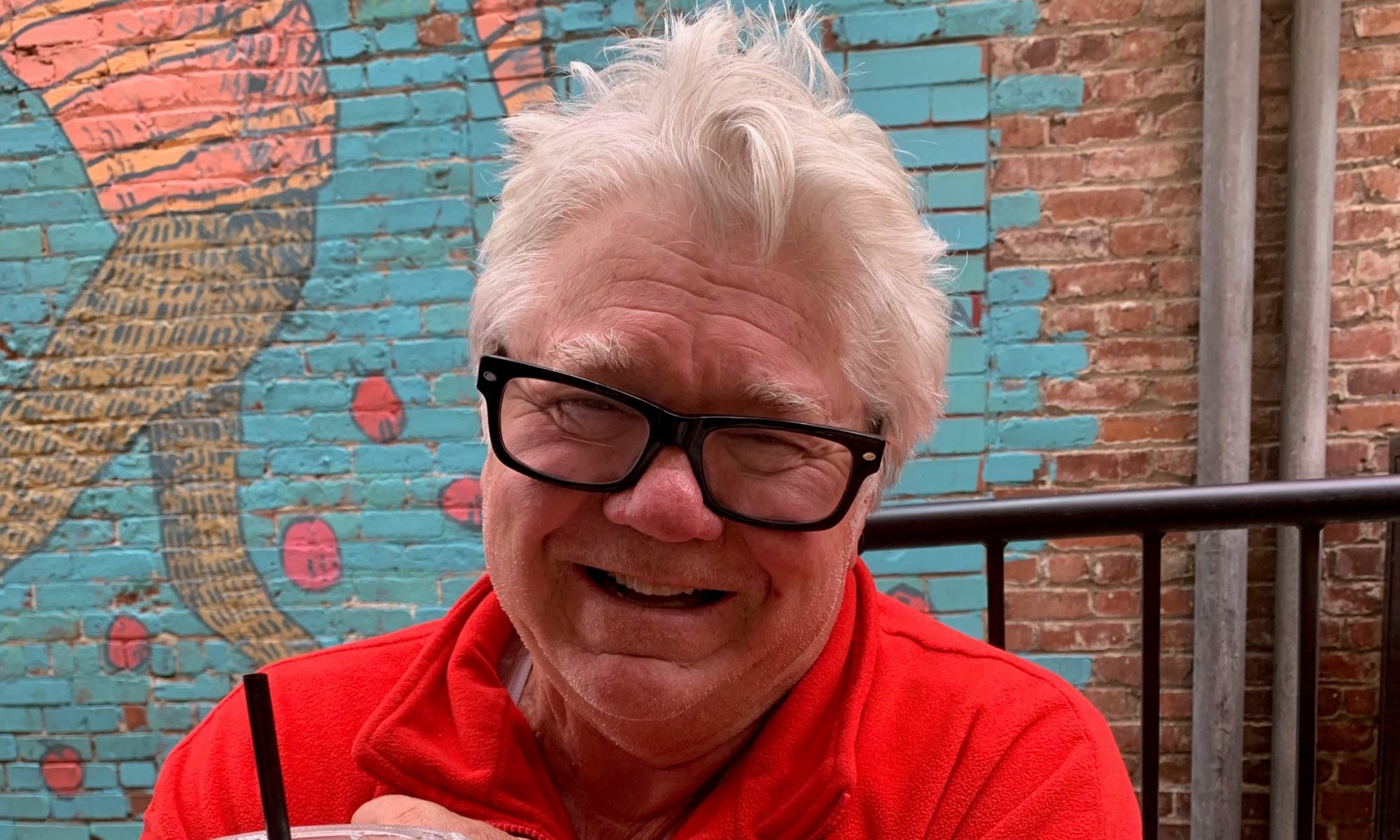Redlands Connection is a concoction of sports memories emanating from a city that once numbered less than 20,000 people. From the Super Bowl to the World Series, from the World Cup to golf’s U.S. Open, plus NCAA Final Four connections, Tour de France cycling, major tennis, NBA and a little NHL, aquatics and quite a bit more, the sparkling little city that sits around halfway between Los Angeles and Palm Springs on Interstate 10 has its share of sports connections. – Obrey Brown
It’s a connection that defies imagination.
In the 2005 Tour de France (TDF) alone, a string of cyclists had Redlands Classic ties.
Floyd Landis and Francisco Mancebo, Cadel Evans and Santiago Botero, plus David Zabriskie – cycling stars who had long lifted themselves into the cycling spotlight. Landis, an eventual winner who had the title stripped for doping, and Evans were eventual champs.

Mancebo was a top 10 finisher a handful of times.
Botero, who later admitted to doping, was good in the TDF mountains.
Zabriskie, a time trial stage winner, was also relegated for doping.
This could be the missing piece that Redlands area fans are missing: The Tour de France (TDF). It’s the crown jewel of cycling. Besmirched a bit by the noted drug scandals, notably 7-time champion Lance Armstrong, plenty of other cyclists have clean enough backgrounds.
It’s not hard to keep track of the scandalous cyclists.
All evil-doing has largely gone ignored, at least officially, by RBC. The focus is on the roads. To anyone’s knowledge, no cyclist has ever failed drug tests at Redlands.
Even back in the earliest days of the Redlands Classic, Team 7-Eleven’s Jacque Boyer was the first U.S. cyclist who showed up in the fabled Tour de France.
Phinney’s 1986 Redlands Classic victory was only a prelude to a great career. The 7-Eleven cyclist became the first American to win a stage at the TDF.
That doesn’t even begin to cover the connections between TDF and RBC.
U.S. Postal Service cyclist Jonathan Vaughters, the 1998 Redlands champion, was a former U.S. national time trials champion. When he won that deadly mountainous climb to snowy Oak Glen in 1998, he sat in a team car musing over his future in Europe.
“This time in a couple of months,” said Vaughters, “I’m really hoping I can be one of Lance Armstrong’s lieutenants in the mountains of Europe.”

A lieutenant’s role is simple: To keep a team’s race leader fresh for the finish of each stage.
He was trying to pay his dues at places like Redlands.
Christian Vande Velde, who capped U.S. Postal’s 4-year streak of winning at Redlands, won in 1999 by 39 seconds. Nine years later, he took fourth in the Tour de France, trailing winner Carlos Sastre by 3:05.
Vande Velde was seventh one year later. In 2011, he was a lieutenant to Tom Danielson – third, RBC 2003 – in a top 10 finish.
Evgeniy Berzin, the 1989 RBC champion, has won a stage at the TDF.
Dmitri Zhadanov, the 1990 RBC champion, rode in four TDF peletons.
The Poland pair: Tomas Brozyna and Dariusz Baranowski raced for world-renowned U.S. Postal, Armstrong’s team.
Baranowski, 1995 RBC champion, was a 5-time Tour de France starter with a 12th place finish in 1998.
Brozyna was 22nd at the Tour de France in 2003, winning RBC in 1996.
Botero, for Rock Racing, was Tour de France’s fifth best climber in 2005.
At the 2008 RBC, the Colombian rolled to a 54-second win over Chris Baldwin.
Zabriskie, runner-up to 4-time RBC champion Chris Horner in 2000, is a 7-time TDF starter, even capturing a stage in 2011. Like Armstrong, Landis and others, some of Zabriskie’s results have been stricken from the records.

Speaking of Horner: Just after winning his fourth Redlands tour, he pronounced himself unlikely to ever get a shot at a berth in the TDF. Eventually, he got seven shots at the fabled Tour de France. He took ninth in 2010.
Then there’s Mancebo, one of Spain’s all-time greats.
Amid a flurry of top career finishes – Tour of California, Redlands champion, plus a string of European successes – the cyclist known as “Paco” on the peleton has a string of top 10 Tour de France finishes.
Ninth in 2000, seventh in 2001, 10th in 2003, sixth in 2004, his best ride in the French classic was a brilliant fourth place finish in 2005. It could actually be viewed as a second place finish since Armstrong, the winner, along with third place Jan Ullrich, were both eliminated from official results for testing PED positive.
That was evidence some clean cyclists remained on the peleton.
It was in 1998 that Australian 20-year-old Cadel Evans showed up at Redlands. It took the all-out efforts of the mighty U.S. Postal Service squad to keep Evans out of the yellow jersey.

Vaughters, aided by another future Tour de France combatant Tyler Hamilton, barely edged Evans in the chase to Oak Glen. Evans chased Vaughters the remainder of Redlands, losing by just 20 seconds.
In 2011, Evans, a two-time Tour de France runner-up, capped his career by winning the Tour de France. He retired a few years later.
NEXT WEEK: Name the woman and, chances are, she’s raced at Redlands.
